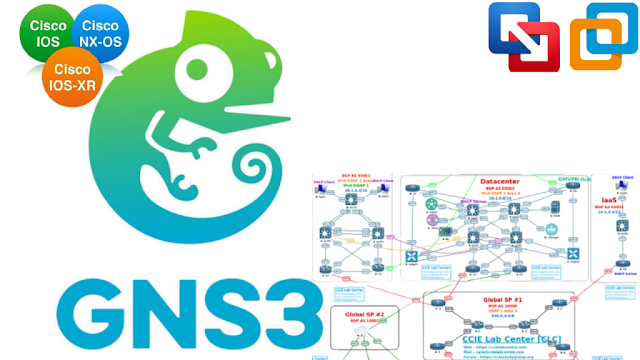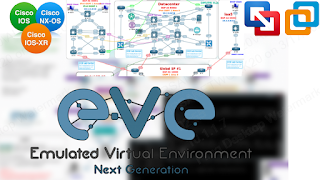Network Simulation Comparison of GNS3, EVE-NG, and Packet Tracer
Making network topologies and
regularly applying the theory learned are crucial for concepts to be absorbed
and stored in long-term memory. It is both an emulator and a simulator, despite
what its name might imply. The bulk of the time, it emulates eve ng google cloud
internet, such as a router, and uses that virtual hardware to
run actual Cisco IOS image files.
It simulates the features and functionality
of several devices, including switches. Instead of actually running the IOS
image files while utilising simulation, you use a simulated device that the
GNS3 team designed and developed to behave like a network device.
GNS3 may be installed on machines
running Windows, or Linux and includes three alternative setup options. It can
be configured to run either locally on the computer, remotely on a virtual
machine, or locally on a virtual machine. Depending on your available
resources, this flexibility may be beneficial.
Another advantage of eve ng azure
is its capacity to link real and virtual devices together. Consequently, it is
possible to build a topology that exists partially virtually and half
physically. You might even add GNS3 to your network for production.
GNS3 is free to use because it is
an open-source project. However, you can only obtain the Cisco images via a
service contract or a university-offered course. Emulated Virtual Environment
Next Generation, which is a multi-vendor network simulator, bids features that
are similar to GNS3.
EVE-NG and GNS3 are
fundamentally different from one another in that EVE-NG lacks clients
It essentially means that it runs
independently of any other software installed on the local device, acting as a
self-contained virtual computer. Network specialists and users with access to
corporate VM infrastructure who wish to create a testbed for analysing network
designs before they are implemented in a production network are the main target
audience for EVE-NG.



Comments
Post a Comment